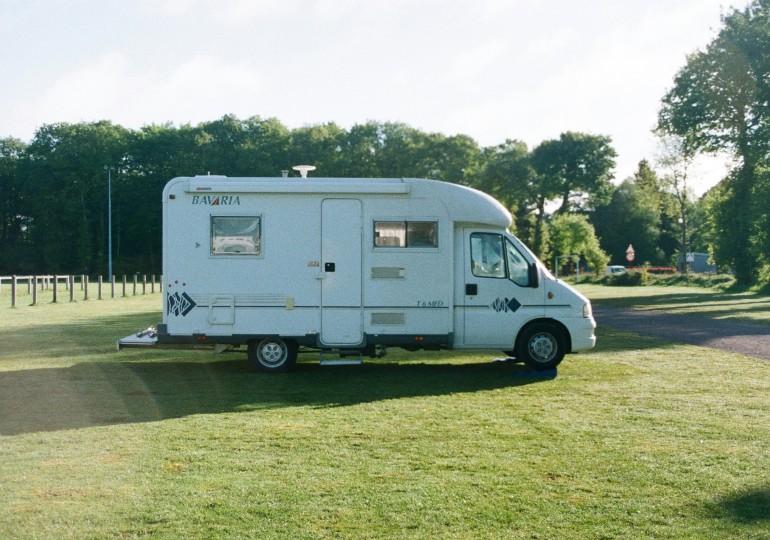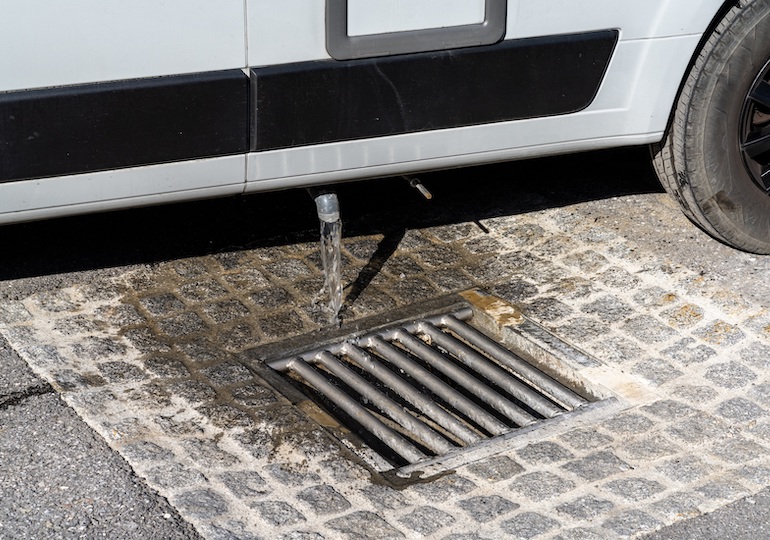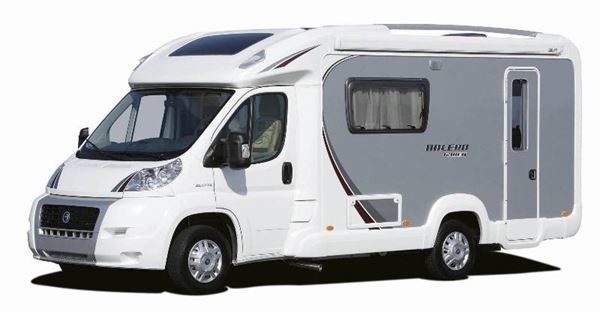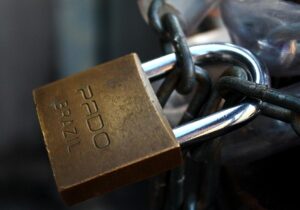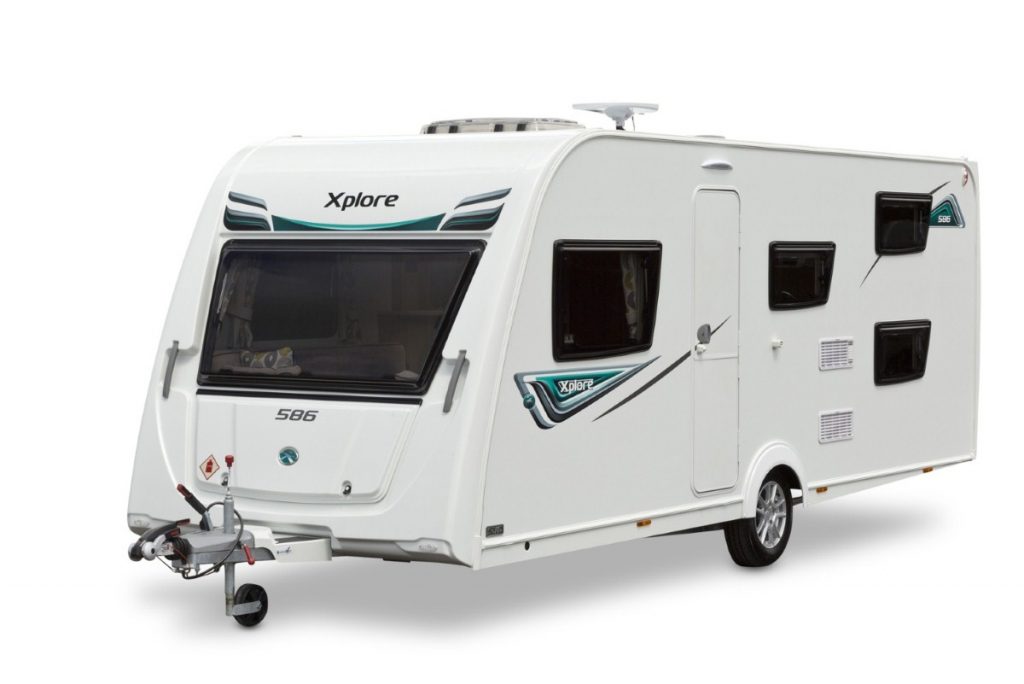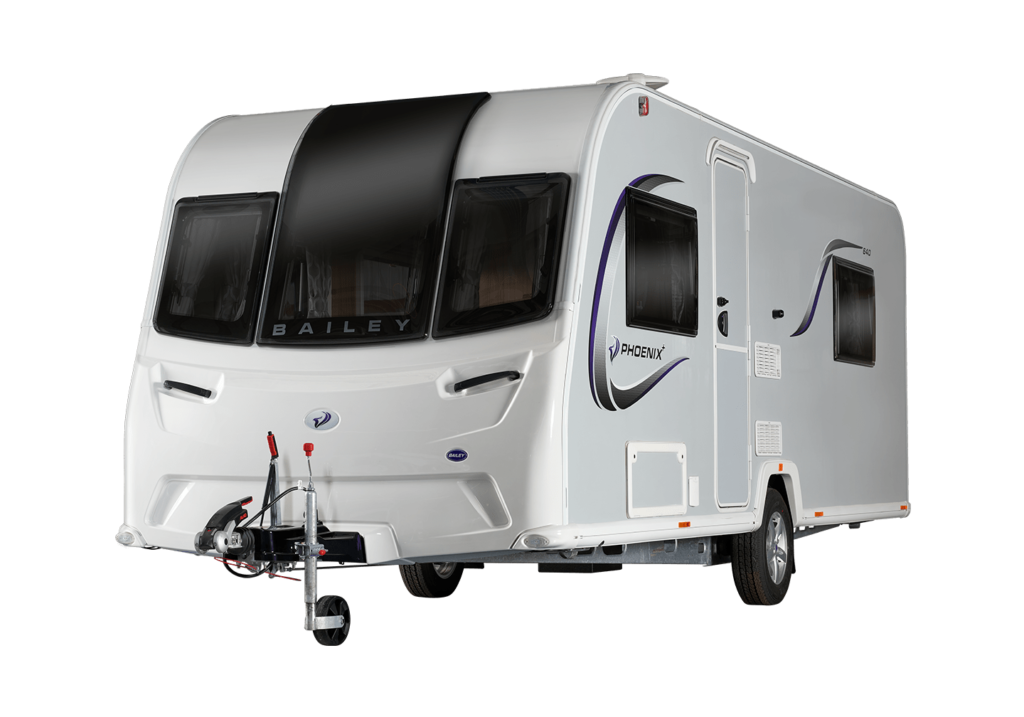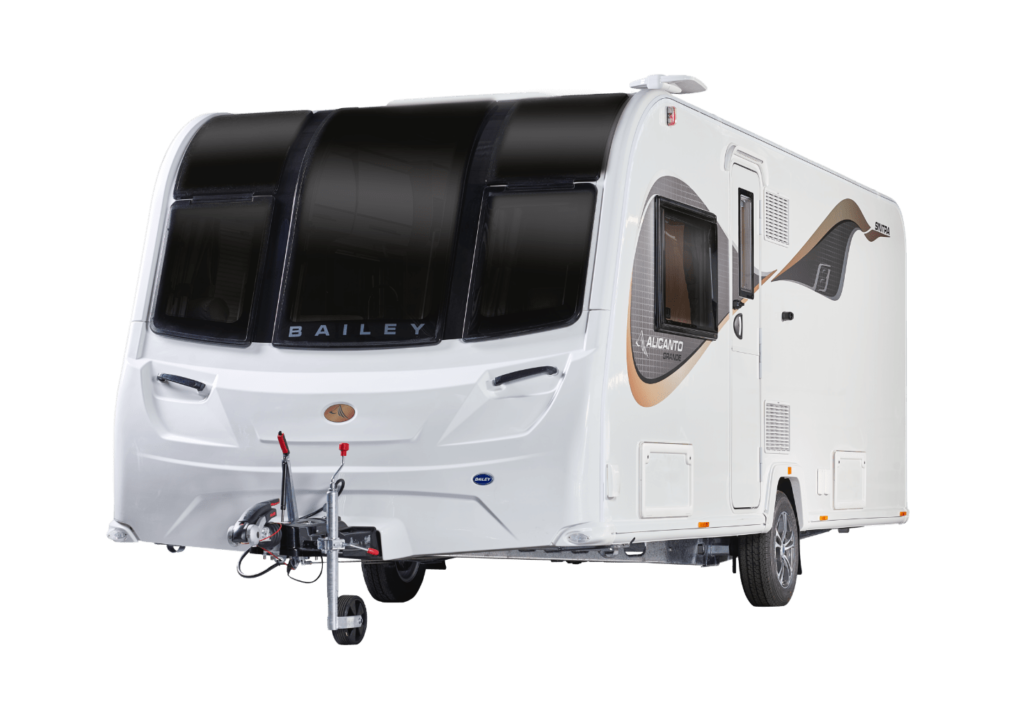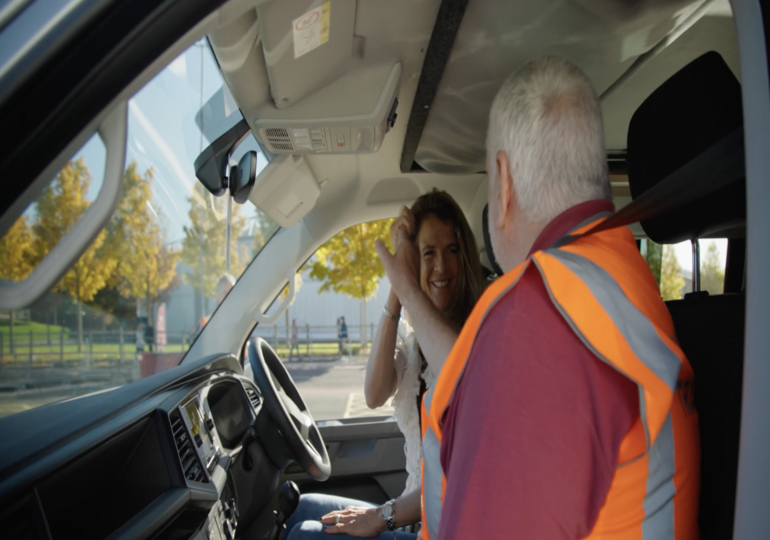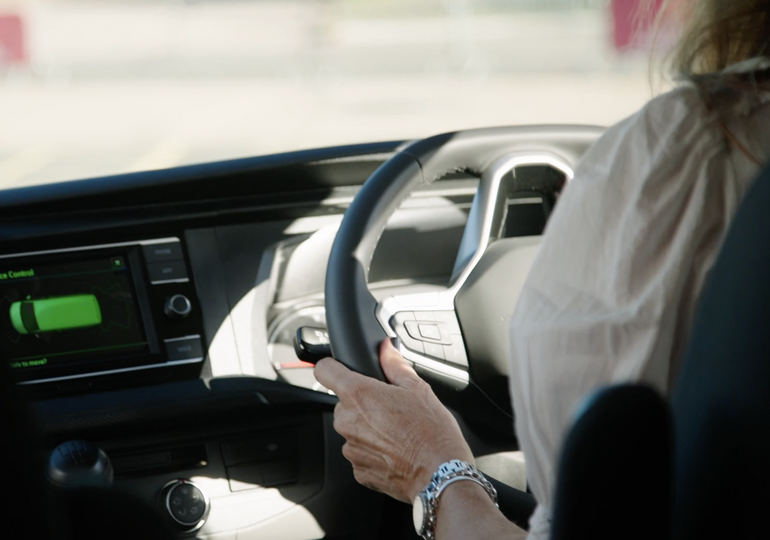Low CO2 emissions cars may prove to be less cost effective in the future as changes are made to the VED bands according to road users’ opinion
Three out of five AA members agree that the change in the Vehicle Excise Duty (VED) system, set for introduction in April 2017, will have an adverse impact in the sale of low CO2 emissions cars.
Presently, there are 13 CO2-based VED bands in the UK which range from A (paying zero in tax) to M (at a cost of £505 in tax). Starting in 2017, however, cars that emit no CO2 will pay nil, whilst all others will be required to pay £140, which is currently the standard fee.
Drivers become subject to the two-tier system after one year following the purchase of their car, with the VED applicable for the first year is at a banded rate. If your car is registered before the April 2017 start date, these changes won’t apply to you just yet.
With these changes comes the stipulation that drivers purchasing cars over £40,000 must pay an additional £310 supplement for five years.
The current system, which was introduced in 2001, drastically changed CO2 emissions in the UK as drivers began to opt for more fuel efficient cars. At the time, average UK new car emissions were 178 gCO2/km which dropped to 173 gCO2/km by 2003. Since then, it has dropped to 125 gCO2/km.
These new changes may just raise that number again. Members of the AA believe that drivers should just take the standard £140 tax rate and buy any car of their choosing.
Of the changes, AA President Edmund King said, “Whilst our members realised that the system needed to be reformed they think that the proposed system will not encourage the take up of lower emission vehicles.”
The purchase of fuel efficient cars may just become obsolete soon. What do you think of these changes to the system?








